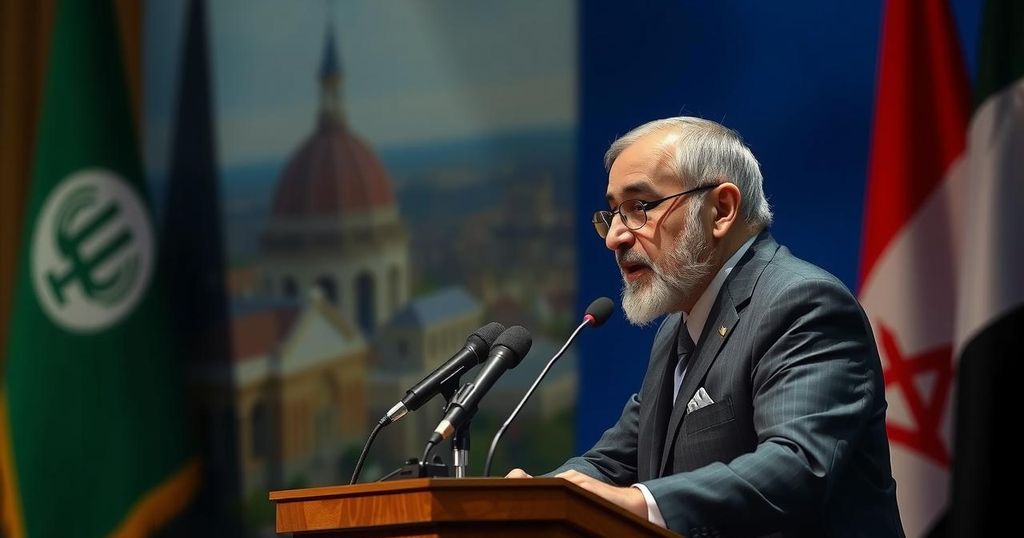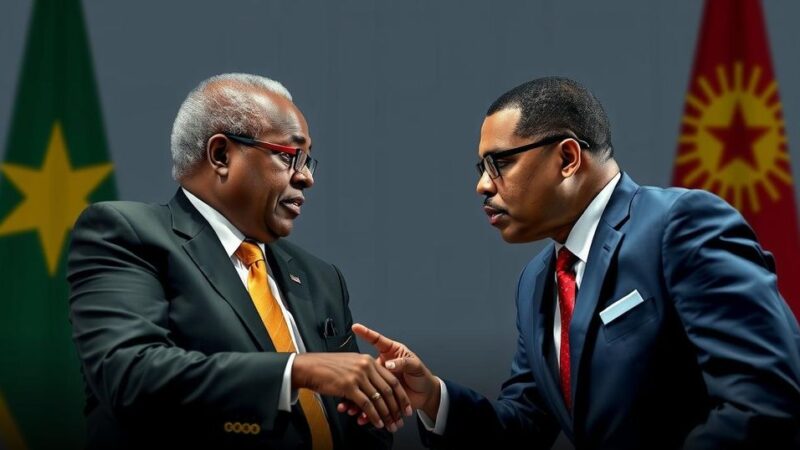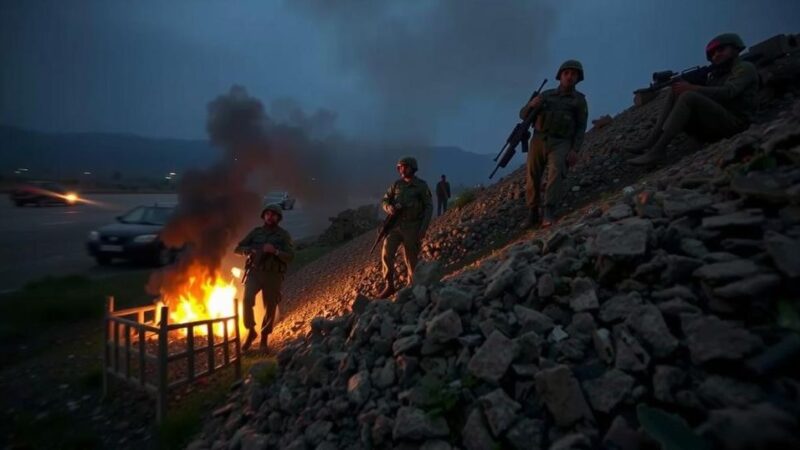Iran’s Foreign Minister discussed Lebanon’s ceasefire situation with his counterpart, emphasizing support for Lebanon while condemning recent terrorist reactivations as part of an American-Zionist agenda.
Iran’s Foreign Minister, Abbas Araghchi, engaged in a telephone dialogue with his Lebanese counterpart, Abdallah Rashid Bouhabib, where they reviewed the recent developments in Lebanon following the implementation of a ceasefire agreement. Araghchi attributed the success of this ceasefire to the remarkable resilience of the Lebanese populace, along with the adept political negotiation by Lebanese Parliament Speaker Nabih Berri and the government.
Furthermore, Araghchi reaffirmed Iran’s unwavering support for the Lebanese government, people, and military efforts against external aggression. He highlighted the re-emergence of Takfiri terrorist factions in Syria as part of a broader strategy orchestrated by American and Zionist forces, aimed at undermining regional stability following the setbacks faced by the Zionist regime.
In response, the Lebanese Foreign Minister provided an update on Lebanon’s situation post-ceasefire, expressing gratitude for Iran’s steadfast solidarity and continued support.
The context of this article is shaped by the geopolitical tensions in the Middle East, especially regarding Syria and Lebanon. The ceasefire agreement referenced signifies a temporary respite from conflict in Lebanon, a critical region affected by external interventions and internal strife. Iran’s role in supporting Lebanon’s stability reflects its broader strategy of backing allied governments in the region, which often positions them against Western and Israeli interests. The mention of Takfiri groups underlines concerns over the revival of extremist elements amid shifting power dynamics.
In summary, the conversation between Iran’s Foreign Minister and his Lebanese counterpart underscores Iran’s continued commitment to Lebanon following a recent ceasefire. The dialogue reflects Iran’s perspective on regional stability as being directly linked to the influence of American and Zionist forces, particularly in the context of Syria. The ongoing support for the Lebanese government signifies the importance of geopolitical alliances in the area.
Original Source: en.mehrnews.com






